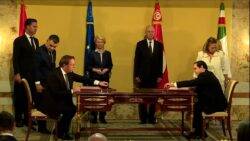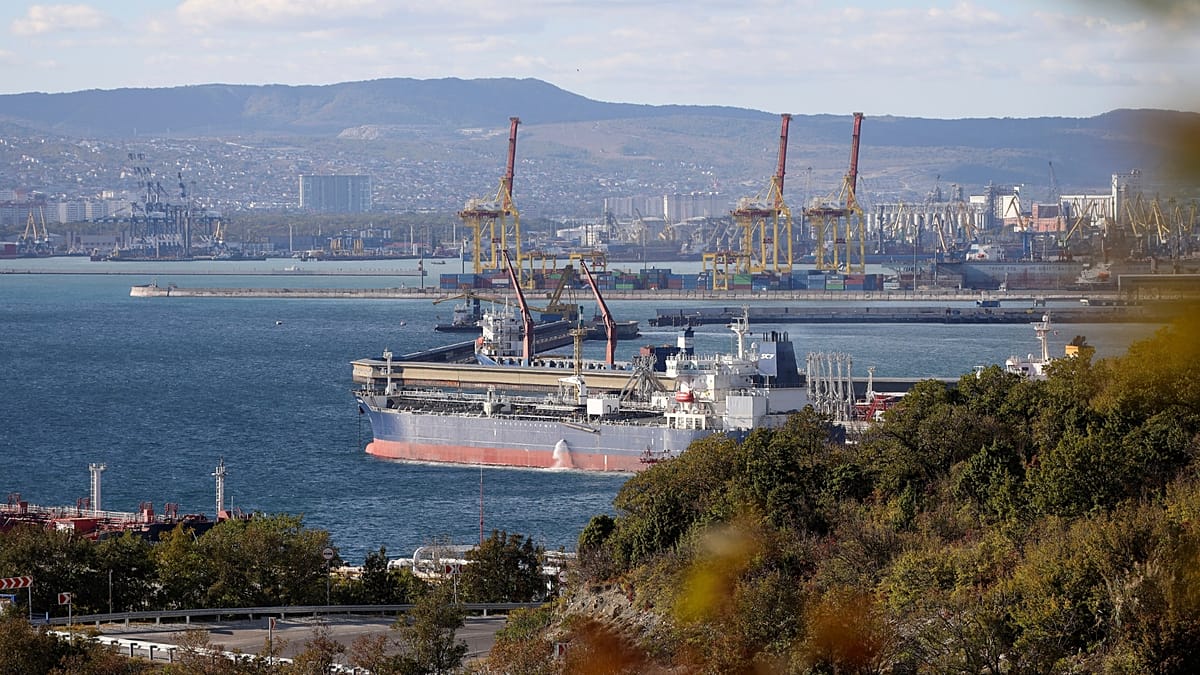The European Union and Tunisia signed a memorandum of understanding for a “comprehensive strategic partnership” on renewable energies, economic development, and irregular migration.
The EU is paying Africa to cut immigration
This is the offical ‘line’ presented by EU leaders, however, critics and political commentators have sugggested this line of new agreements with african nations are way to pay-off North African counties to stop immigrants on thier shores leaving to join the EU.
Tunisia is a departure point for thousands of migrants crossing the Mediterranean to Europe. President of the European Commission Ursula von der Leyen welcomed the agreement designed to “invest in shared prosperity.”
Italian Prime Minister Giorgia Meloni and Dutch Prime Minister Mark Rutte accompanied von der Leyen to Tunisia after the trio’s first visit a month ago, during which they proposed this partnership.
This is “an important new step in dealing with the migration crisis in an integrated way”, said Meloni, who invited Tunisian President Kais Saied to attend a summit on migration in Rome next Sunday.
According to Meloni, the partnership between Tunisia and the European Union “can be considered a model for the establishment of new relations with North Africa.”
The agreement leverages aid and trading agreements with the EU with immigration. And in essence, so long as Tunisia meets the targets of the EU on Immigration, then they can enjoy the financial aid and trading preferences from the EU.
From the EU’s perspective it is also a good deal, The EU has leveraged loans at preferentail rates iwth the Tunisia, and this will provide the scope for the EU to assert some from of control; simply put if the EU powers feel Tunisia is not ‘sufficiently’ meeting these targets, the EU can recall the loans.
Dutch PM Rutte, for his part, felt that “the agreement will benefit both the European Union and the Tunisian people,” as the EU is Tunisia’s leading trading partner and investor.
The agreement includes EUR105 million in aid to combat irregular immigration and EUR150 million in budgetary aid, at a time when Tunisia is strangled by debt and is short of cash.
Another EUR900 million could be provided to Tunisia in the form of loans over the coming years.
If this works it will provide a blue print on how the EU will handle aggrements with other North African countries.





